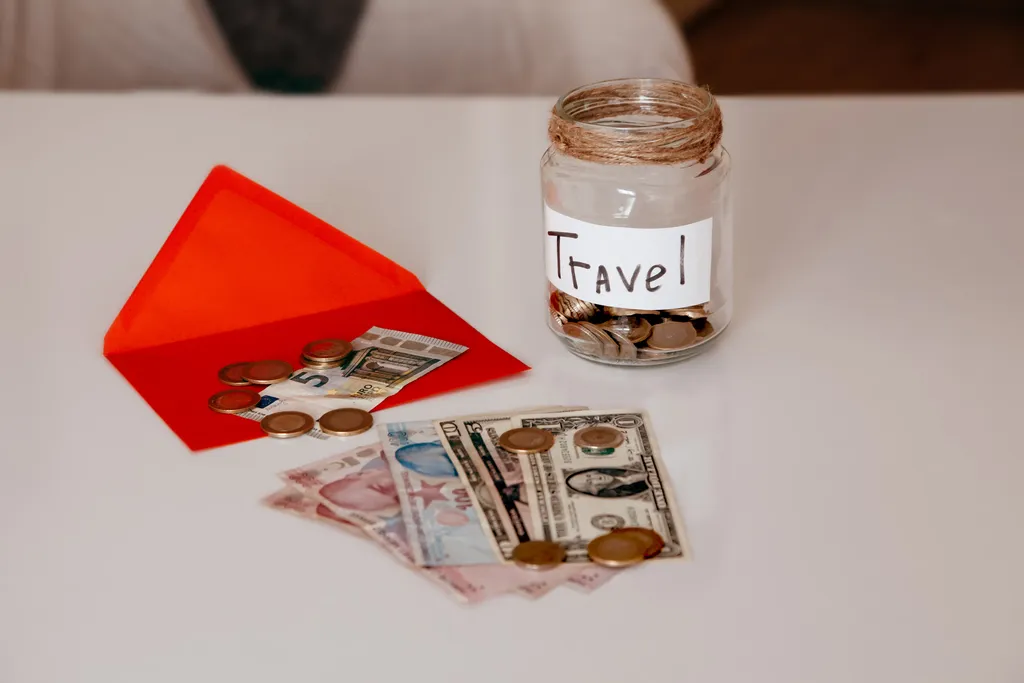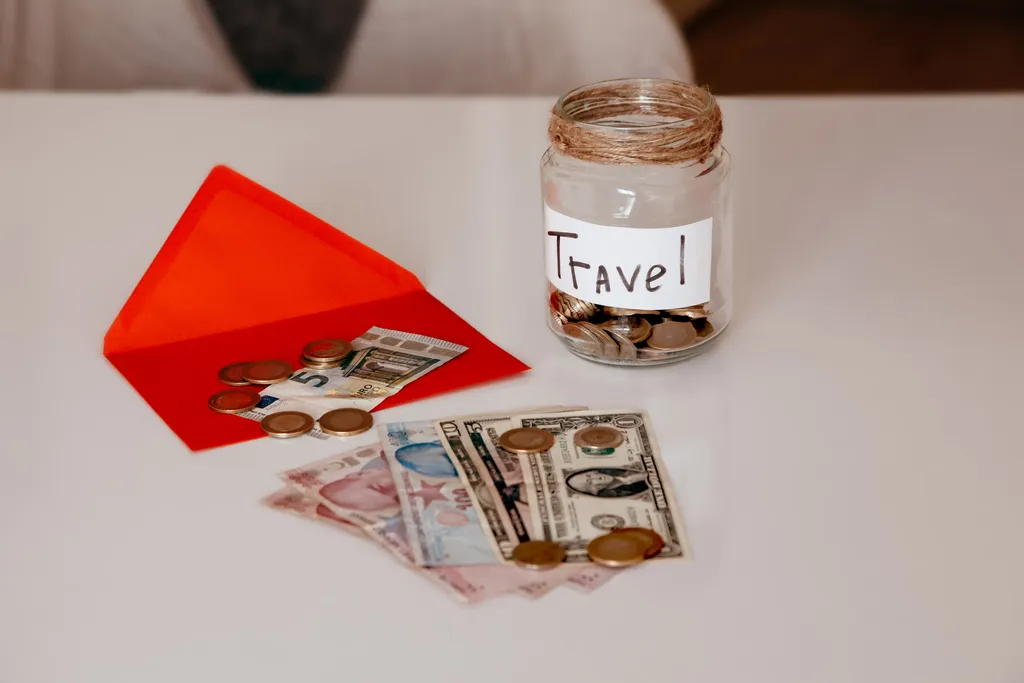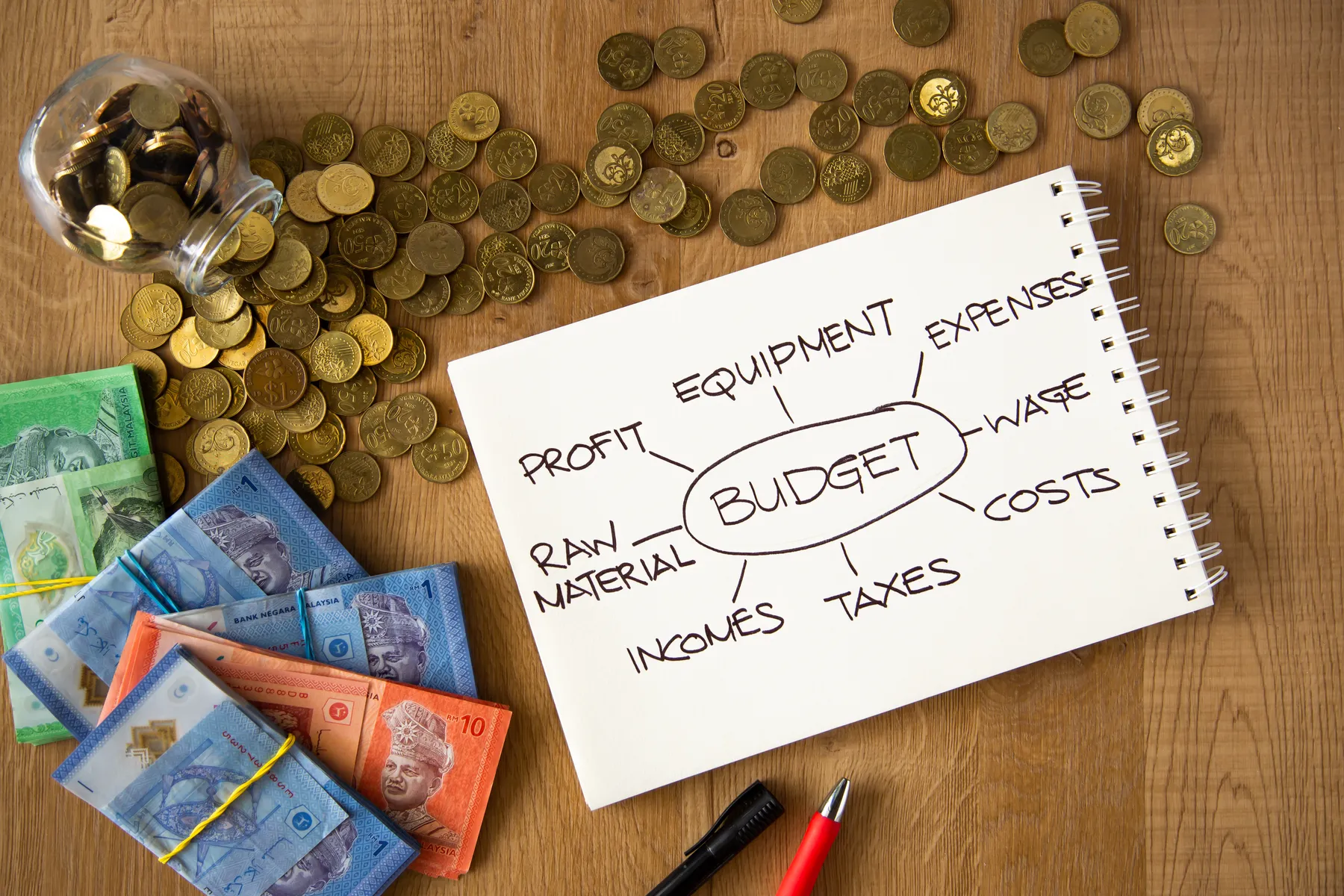Introduction
Have you ever wanted more financial control? Budgeting helps achieve this. A budget estimates personal or family income and expenditure over a given period, allowing you to choose the most efficient approach to manage your resources. Use a budget for individual or family finances. This ensures that all financial goals are met and prevents surprises. The following essay discusses budgets and why they should be taken seriously.
Read more about Ways to Save Money
Defining a budget and what it entails
With a budget, families can track and control their income and expenses. There should be equal income and expenditure. Also, consider future savings and ambitions. A well-planned budget identifies your income sources, including salary, bonuses, investments, and other income. Costs include groceries, entertainment, bills, and rent or mortgage. Your budget can also cover long-term savings and emergencies.
Why is budgeting important?
Making a budget is an important part of managing your own money for several reasons, including:
It helps to track spending:
When you make a budget, you must take an open and honest assessment of how your money is spent. This can help you identify any areas in which you may need to spend more wisely and allow you to make any necessary modifications.
It helps achieve financial goals:
By keeping track of your income and expenditures in a detailed budget, you can more accurately anticipate and plan for your future financial needs. Creating a budget can assist you in allocating finances toward the accomplishment of specific goals, such as saving for a down payment on a house or paying off debt.
It helps to avoid unnecessary debt:
It is simple to rely on credit cards or loans to offset spending and income differences when the two are not balanced. Nevertheless, this can result in excessive debt and stress over financial matters. Creating a budget allows you to live within your means and prevents you from amassing unneeded debt.
It brings peace of mind:
When it comes to your finances, having a budget in place can provide you with a sense of control and security. Because you will already have the money needed to handle any unanticipated costs that may arise, you won’t need to worry about this issue anymore.
It helps plan for the future:
Not only does a budget concentrate on the existing revenue and expenditures, but it also considers the long-term monetary objectives. A budget can help you plan for a pleasant retirement or other future financial objectives by ensuring you save enough money and invest it appropriately.
The Benefits of Budgeting
The following are some of the ways that creating and sticking to a budget can dramatically improve your overall financial health and well-being:
Improved financial understanding:
Budgeting enables you to comprehend your monetary routines profoundly by requiring you to meticulously record your income and expenditures regularly. Because of this, you will be able to improve the quality of your financial decisions and boost your level of financial literacy.
Preparedness for emergencies:
The reality of life is fraught with unpredictability, and there is no telling when or how an unexpected bill will crop up. A well-planned budget will include an emergency fund that can be used to pay for unforeseen expenses that will not negatively affect the household’s financial security.
Enhanced lifestyle:
Having a budget does not require one to live a thrifty lifestyle necessarily. It’s as simple as keeping your spending in line with your income. You can make educated decisions regarding the costs of your lifestyle if you have a solid understanding of the flow of your money, which will allow you to maintain a comfortable standard of living while avoiding unnecessary expenditures.
Increased savings:
Increasing one’s savings is among the most significant advantages that may be gained from budgeting. Suppose you keep careful records of your income and expenditures. In that case, you can pinpoint areas where you may reduce your spending and boost your savings.
Reduced anxiety about finances:
Your mental and physical health may suffer if you’re under a lot of financial strain and other aspects of your life. You may lessen your worry about money and lead a more balanced life if you create a budget and stick to it.
Better debt management:
If you are having trouble managing and paying off your debt, creating a budget is an essential tool. You can relieve yourself from financial burdens by progressively paying off your obligations by designating a certain monthly amount from your budget toward this purpose.
Types of Budgets to Consider
There are a few different kinds of budgets that you might want to consider using depending on your current financial status and your long-term objectives, including the following:
The Zero-Based Budget:
This form of budgeting requires you to allocate every dollar of your revenue to a certain spending or savings goal. Doing so guarantees that your income minus your expenses will equal zero at the end of the month. This approach encourages accountability and is the best choice for people who need great control over their financial situation.
The 50/30/20 budget:
This strategy recommends that you set aside fifty per cent of your income for essential expenses (such as rent and food), thirty per cent for non-essential expenditures (such as shopping and going out to eat), and twenty per cent for savings and debt reduction. People who prefer a straightforward and well-balanced approach to budgeting will find this method ideal for them.
Envelope Budgeting:
This method involves separating your cash into envelopes for each expenditure category, such as “groceries,” “entertainment,” etc. After spending all the money in an envelope, you can’t buy more in that area until your next budget. A hands-on approach makes overspending harder.
The Value-Based Budget:
This budget emphasizes ideal spending. Start by determining your priorities, then allocate most of your financial resources to them while cutting back on others. This budgeting method can help you achieve happiness by spending according to your values.
Each of these budgeting approaches carries certain advantages, and if they are properly applied, they can produce desirable results. You must select the one that corresponds most closely to how you spend and earn money and the financial outcomes you seek.
Creating Your Budget Plan
The following are some measures that you can take to construct your budget plan:
Identify your income:
List how you bring in money, such as salary, bonuses, investment returns, rental incomes, Etc. Be sure to utilise your “net income” (the amount left over after deducting taxes and other deductions).
Track your expenses:
Could you make a record of all of your expenditures? This comprises fixed expenses, such as rent or mortgage payments and insurance premiums, and variable expenses, such as groceries, utilities, entertainment, and personal care.
Set your financial goals:
Could you determine the short-term and long-term monetary objectives you’d like to achieve? They might be paying off bills, putting together an emergency fund, saving for a vacation or retirement, or preparing for other things.
Create your budget:
Create a budget for yourself by taking into account your income, your expenses, and your goals. Determine how much will go toward each category of expenses and savings.
Implement your budget:
Get started with sticking to your budget. Maintain self-control, and do your best to execute the plan with as little deviation as possible.
Review and adjust:
Could you look over your financial plan regularly? If you need to change the budget because of bugs or your income or costs have changed, you should do so.
The process of creating a budget is not a one-time event. It necessitates perpetual vigilance and alterations to the settings. Remember that a budget’s purpose is not to force you to cut back on your spending; rather, it is to assist you in achieving financial stability and the financial goals you have set for yourself.
Tips for Sticking to Your Budget
Prioritise needs over wants:
Could you clearly distinguish between what you need and what you want? First and foremost, you should give attention to satisfying your needs, and only then should you think about satisfying your wants with the money that is left over.
Use budgeting apps:
You may make it easier to stick to your budget by downloading one of the many available budgeting applications that can assist you in tracking both your income and your expenses.
Avoid impulse purchases:
Spending money on impulsive purchases might seriously throw off your budget. You can avoid it and shop according to your needs and budget instead.
Regular savings:
Could you make it a routine to set aside a specific amount of money weekly? It has the potential to assist you in accumulating a sizeable sum over time.
Cut down unnecessary expenses:
Find where you can make the most significant cuts to your spending. It could be a subscription that you rarely use or the fact that you eat out an excessive amount.
Identifying Finances That Can Be Cut or Reduced
Subscription Services:
Consider whether or not each of your subscription services is truly necessary. Consider limiting your subscriptions to just one or two of your preferred music or video streaming sites if you already have several active ones.
Dining Out:
It’s easy for the cost of meals eaten out at restaurants to skyrocket in a hurry. Could you make a concerted effort to spend more time in the kitchen and reserve going out to restaurants for rare occasions?
Luxury Expenses:
Luxury things, such as high-end clothing, accessories, or technological gadgets, are susceptible to being substituted with equivalents that are lower in price.
Unnecessary Utilities:
You can take an inventory of your services and ask yourself whether there are any of them that you don’t truly require or use. This could be a cable TV package only occasionally watched or an excessively high internet bandwidth plan.
Impulse Purchases:
Putting off impulsive purchases can result in big financial savings. Before you make a purchase, it is important to consider whether or not you truly need the item.
Using Technology to Track and Manage Your Budget 
Budgeting Apps:
Many budgeting apps automatically track income and expenses. Your expenses are categorized, making it easy to track your spending. Other apps warn you when you’re perilously near to a category restriction.
Spreadsheets:
Using spreadsheets is the usual method for monitoring budgets and engaging in financial planning. Creating a personalised budget template is possible with the help of programs like Microsoft Excel or Google Sheets. You can also locate templates that have already been developed online.
Online Banking:
Most banks now provide online services, one of which is expense tracking. Some even organise your financial dealings into categories and provide you with tools for creating a budget right within their applications or websites.
Financial Planning Software:
A wide variety of tools are available to choose from when it comes to complete financial planning. Budgeting, retirement planning, and keeping tabs on investments are common instruments that fall under this category.
Financial Advisor or Planner:
A financial advisor can give you individualised recommendations and assist you in managing your budget. They can provide strategies to help you reach your financial goals more effectively. If you need help keeping track of your finances, selecting this course of action might be more expensive, but it might be well worth the money in the long run.
Adjusting Your Budget as Necessary
Income Changes:
Any changes in your financial situation should be reflected in your budget. Please ensure that your budget is updated whenever there is a change in your employment situation, such as when you get a raise, leave a job, or start a new job.
Lifestyle Changes:
It is important to update your budget if you go through major life events such as moving, having a child, getting married, or any other big change in your lifestyle.
Debt Repayment:
You should revise your budget to consider the declining monthly obligations as you pay off your debts.
Savings Goals Achieved:
You can shift a portion of your budget to a new target once you have reached one of your savings goals.
Annual Reevaluation:
At least once a year, you should thoroughly review your financial plan to see if it meets your requirements.
Conclusion
To conclude, to manage your money well, you must plan, track, and adjust your budget. By cutting unnecessary spending, using technology, and matching your budget with your income, lifestyle, and financial goals, you can achieve financial wellness. Consistency, education, and patience are key. Remember that economic security is a marathon, not a sprint.





